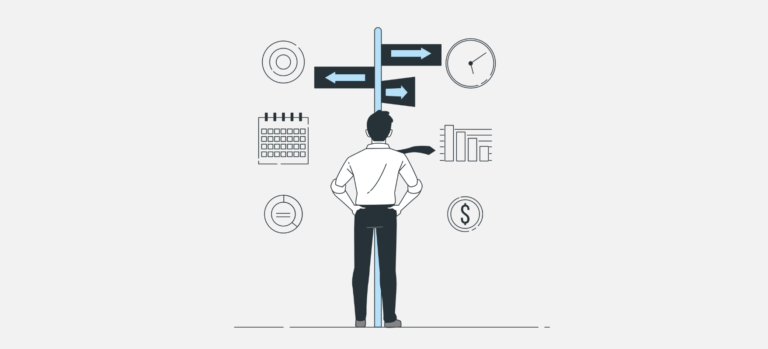What is supplementary insurance?
Supplementary insurance is a optional coverage which comes into play when basic insurance does not fully meet your healthcare needs. Whilebasic insurance guarantees minimum level protection for all, supplementary insurance finances benefits additionaluseful in the event of illness, accident or lifestyle change.
For example, it can contribute to the reimbursement of a stay in a private room at the hospital, offer a supplement for the purchase of glasses or cover certain dental treatments.
Benefits and advantages
The benefits covered by supplementary insurance vary from one insurer to another. Here are just a few examples:
- Category
- Service
- Hospitalization
- Free choice of hospital throughout Switzerland
- Free choice of hospital doctor
- Private or semi-private room (two beds)
- Outpatient care
- Alternative medicine and complementary treatments
- Benefits for glasses and contact lenses
- Co-payment for drugs not covered by basic insurance
- Dental treatments
- Participation in sport-related expenses (e.g. fitness membership)
- Participation in spa and rest cures
- Travel insurance
- Additional contribution to transport and rescue costs in Switzerland and abroad
- Travel insurance
Basic VS supplementary insurance
Basic insurance is mandatory and provides access minimal for all Swiss residents. It is managed by various health insurance funds, which offer a standardized package of benefits. These include medical consultations, hospitalization in a general ward, emergency care and certain essential medical treatments. Underwriting and termination of basic insurance are relatively simple. You can, for example, change health insurer to obtain better conditions or lower rates.
Supplementary insurance is not compulsory. It is a supplement to basic insurance to finance specific benefits not covered or partially reimbursed. Premiums and benefits vary from one insurer to another. What's more, taking out and cancelling a policy can be more time-consuming. bindingespecially for the elderly and those in poor health.
Do I need a top-up?
If you prefer more extensive coverage or options high-end (such as hospitalization in a private room), investing in supplementary insurance can be a wise decision.
Think about your state of health, your age and your medical history. For some people, especially the young and healthy, basic insurance may suffice. On the other hand, for families or people at risk, supplementary insurance can provide additional peace of mind.
What are the most popular complementary products?
Supplementary hospital insurance
The "Division commune Suisse entière" option is often the most popular. It offers a choice of hospital, the option of a private or semi-private room, and a free choice of doctor during hospitalization.
Supplementary dental care
Since basic insurance only covers medically necessary dental care, this option provides better coverage for dental treatment, orthodontic care and check-ups.
Hotel formula
The hotel formula offers superior comfort inpatient care, for example, by offering a room individual or double. This allows you to benefit from a more intimate environment, while maintaining a level of care similar to that of the general ward. However, this type of arrangement generally involves restrictions, such as a limited choice of doctor, and can be slightly more expensive.
How do I cancel my supplementary insurance?
For most supplementary insurances, the cancellation deadline is 30 June. SeptemberThis is in contrast to basic insurance, which runs until the end of November. Some supplementary insurers impose longer cancellation periods, while others set a specific date. The information on the police remain essential to know the exact terms and conditions.
Before cancelling your supplementary insurance, it is crucial to weigh your decision carefully, as your health insurer could refuse to reintegrate you afterwards, especially for elderly people of +55 years or in poor health.
Can I be refused by an insurer?
In most cases, the insurer will request a declaration of health or a medical examination. It is therefore possible that an insurer refuses to accept you for supplementary insurance.
In fact, depending on criteria Some health insurers may have reservations or refuse enrolment without giving detailed reasons, based on criteria such as age, gender or state of health. It is therefore advisable to find out all you can about the conditions under which you can subscribe, and if in doubt, to contact the insurer directly for an explanation of its decision.





